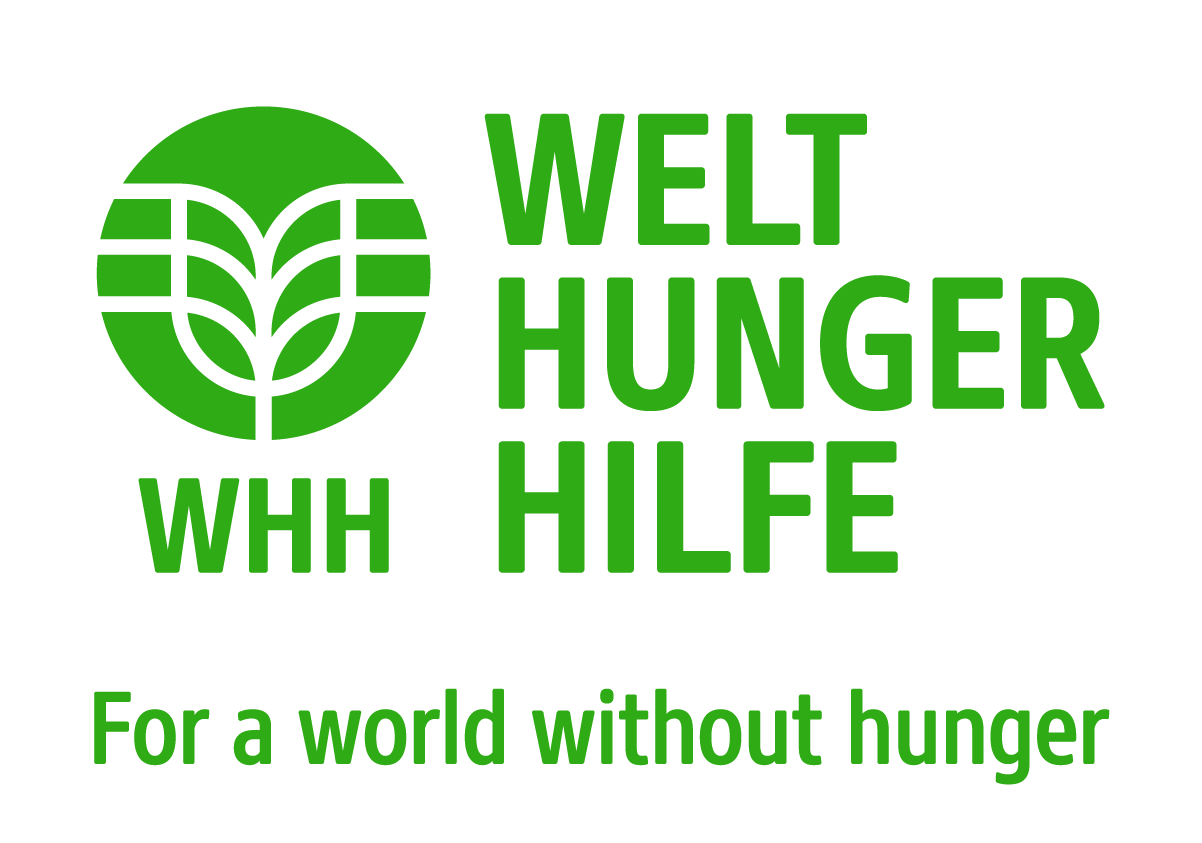A Room to Talk, A Right to Heal: Psychosocial Support in Action

Psychologist Safi Bakhso facilitates a session with adult participants on breaking social isolation and rebuilding meaningful connections.
June 2025, Aleppo, Syria ©Obaida Altarraf Welthungerhilfe
Amid the harsh conditions Syrians have endured for years, psychosocial support has become an urgent need alongside material assistance. In response, Welthungerhilfe (WHH) launched a tailored Psychosocial Support (PSS) project in Aleppo, aiming to enhance mental well-being, strengthen coping skills, and reduce the psychological impact of trauma in a society exhausted by years of war and loss.
Abdel Moneim Quraywi, the project’s Protection Coordinator, explains the broader vision of the initiative: “Based on our extensive experience in protection activities, this initiative was designed to address ongoing protection concerns through psychosocial services for both children and adults. We also conducted awareness-raising and risk education sessions. In total, we successfully reached 400 individuals—half of them children and the other half adults—through 40 structured sessions, each involving 10 participants.”
Quraywi emphasizes that the success of the project relies on close coordination: “Before implementation, we work with partners and local authorities to identify schools, centers, and orphanages as key locations for service delivery. We assess these sites to ensure they meet the needs of caregivers and the wider community. We also hold meetings with community committees, local leaders, and mukhtars to organize sessions and outreach activities, while maintaining active communication with UN structures and engaging in coordination groups.”
To ensure session quality, the project procured 200 initial PSS kits (including stationery and hygiene items) and 300 boxes of dates for adult sessions, which served as a platform for discussions and community dialogue, helping form support groups and self-help activities.
The project offered two main types of sessions, carefully designed to meet the specific needs of each age group.
For adults, sessions tackled vital psychological themes. Psychologist Safi Bakhso, who led the sessions, noted: “Participants were selected due to the severe psychological stress facing communities after years of war. Our psychoeducation sessions for adults (18+) covered topics such as recognizing and preventing depression, coping with daily stress, breaking social isolation, and expressing emotions.”
Bakhso adds that the sessions also served as a gateway for identifying individuals in need of specialized mental health care: “We observed a large segment of the community struggling with psychological complaints. Many participants explicitly asked to be connected with mental health professionals. Their issues ranged from anxiety and depression to sleep disturbances and family conflict. We referred cases needing further support to specialized mental health centers, which was met with deep appreciation.”
Children’s sessions (ages 6–14) were interactive and filled with creative activities. Wael Maghlaj, a PSS facilitator, explains: “We focus on the most vulnerable age group—those in crucial stages of personality development—whether they are healthy children, orphans, or children with disabilities. We use drawing, play, balloons, and paper crafts to teach them how to manage fear and anxiety, understand the value of returning to school, and build friendships.”
He adds: “One of the most popular activities was ‘Mr. Fear the Balloon,’ which helped children safely explore and express their emotions in a supportive environment.”

Wael Maghlaj leads an interactive psychosocial session with children using balloons to explore emotions like fear and anxiety.
June 2025, Aleppo, Syria ©Obaida Altarraf Welthungerhilfe
The improvement observed following the sessions was measured through participant engagement during the sessions, post-session evaluations, and continued coordination with community stakeholders in the targeted areas.
One of the participants was Fatima Houran, a 43-year-old mother of ten from Aleppo. She lives with two of her sons and three divorced daughters. Fatima had endured severe domestic violence and social discrimination, eventually withdrawing from others and showing signs of depression and hopelessness.
She shares her experience: “I used to isolate myself and refused to see anyone when I was mentally exhausted. But here, I learned how to go out, talk, and make new friends.” Speaking with renewed confidence, she adds: “I was hurt by the way society looked at me, and by all the things I was denied. But in these sessions, I was given space to talk and express myself freely.” For Fatima, the sessions weren’t just a place to vent, but a turning point in reclaiming her dignity and self-worth for both herself and her children. “I want to be happy. I don’t want conflict. These sessions helped me understand that I deserve to rely on myself and live in peace.” Fatima also called for these activities to continue: “The new generation must change the way it sees women and recognize their rights. These sessions challenge many harmful beliefs, and I’ll make sure to share what I’ve learned with the people around me.”

Fatima takes notes during a psychosocial session facilitated by the project team.
June 2025, Aleppo, Syria ©Obaida Altarraf Welthungerhilfe
The project team highlights that the sessions were grounded in evidence-based methodologies, focusing on the most vulnerable populations, while using diverse interactive tools. Trained and qualified facilitators ensured a respectful and culturally sensitive environment for all participants. The team emphasizes the importance of sustaining and expanding such initiatives, integrating them into schools and community centers, ensuring long-term funding, and continuously adapting them to evolving community needs with a particular focus on increasing access to specialized mental health services, given their scarcity and critical importance.
The WHH Psychosocial Support Project was far more than a temporary activity—it was an investment in human dignity and well-being. It marked the beginning of long-term cultural change, one that prioritizes mental health and offers a renewed sense of hope in communities battered by years of war.
